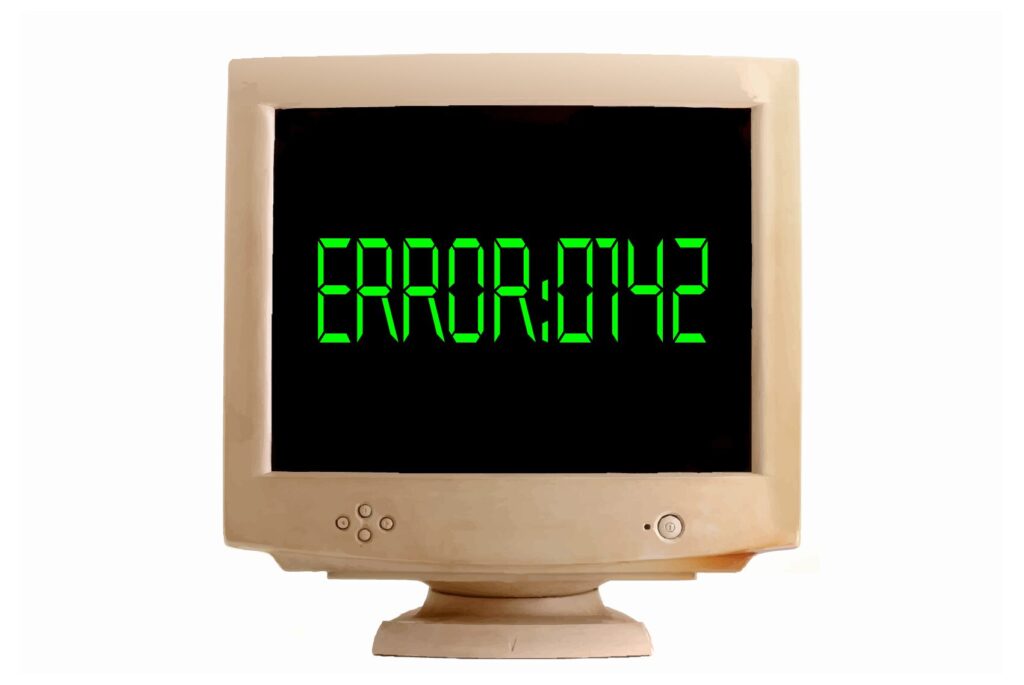
“It’s totaled, you know. Trashed.”
The technician wiped his soiled hands over his apron casually as he continued his examination, oblivious to the way Lois flinched at each callous movement. Watching the big man shake the filth from his arms appalled her, but it was preferable to the unmade thing on the table. She felt her eyes slipping downward again, and dug her nail into her palm until it bled. Slowly, her attention returned to the grubby figure beside her.
“And there’s nothing at all you can do? I’ve heard good things about cyber—”
“Cybernetics?” the technician scoffed. “Even fourth gen, fifth gen reconstructive modifications couldn’t fix this.”
The technician dug one arm back into the thing and rifled around for something solid; pulling hard until a muddy, oozing lump snapped loose. Lois felt her stomach turn watching it drip slowly over the big man’s knuckles. He gestured with the agonized blob in his palm, spattering the floor and table with a viscous ruddy liquid.
“I’m telling you. Couldn’t sell this wreck for parts. Everything’s smashed to shit and back.”
“What about cloning? Is there enough left for that?”
“You got a piggy bank somewhere you didn’t mention earlier?”
Lois knew she did not have the money. Nobody had the money for cloning. Full-body cellular replication like this was for corporate entities. Not little people.
The technician walked around the table and stopped at the other end. He produced a long pair of pliers from his apron which he used to pull small, white fragments from the waste and drop them into a little metal bowl on a rolling shelf by his right arm. When he had cleared a wide enough section for his purpose, he tossed the pliers onto the shelf and reached for an open diagnostic kit. He stuck something into the cavity, waited for it to beep, and scanned the screen.
“You won’t get any memory with cloning. Blank slate, more or less. What’d you say caused this?”
Lois blinked. After a long moment, she shook her head to clear her thoughts and reluctantly returned to the present.
“Industrial accident.”
“One hell of an accident.”
“It was an explosion.”
The technician shrugged, unimpressed. He’d grabbed a blackened rag off a toolbox and dutifully scrubbed away at his instruments. Most were still dirty when he returned them to their spaces on the walls and shelves, but Lois supposed that no one who came here could afford to mind.
“You’re family?”
“Most days.”
The technician tossed a small, white bag to her. Lifting the bag from her lap and tearing the adhesive seal open, she slid a deformed aluminum ring onto her palm. When her hand stopped shaking long enough to do so, she slid it onto her finger where a similar ring already rested.
“You’re liable for all debts, then. These implants are scrap.”
“Oh. Thanks.”
Lois wasn’t sure why the room was spinning until she slumped into a stiff plastic chair and realized she had stopped breathing. She thumped one hand on her heart just to make sure it was still beating and considered whether to start crying again or curl into a ball and wait for the throbbing in her head to finally stop. She sat, unmoving, as the technician canted the slab to the side and shifted the remains into a hermetically sealed box which he flagged for cremation.
“You’ll get the bill and the ashes in a few days. We have your address.”
Lois stayed in the chair. For the first time, the technician fell silent, unsure of what to do when his customer didn’t move to leave. Lois kept spinning the simple aluminum ring on her finger, unwilling or unable to look up from the discolored laminate floor.
“She’s all I ever had.”
The technician turned back to his tools, focusing intently on whatever task he could find.
“I know.”
